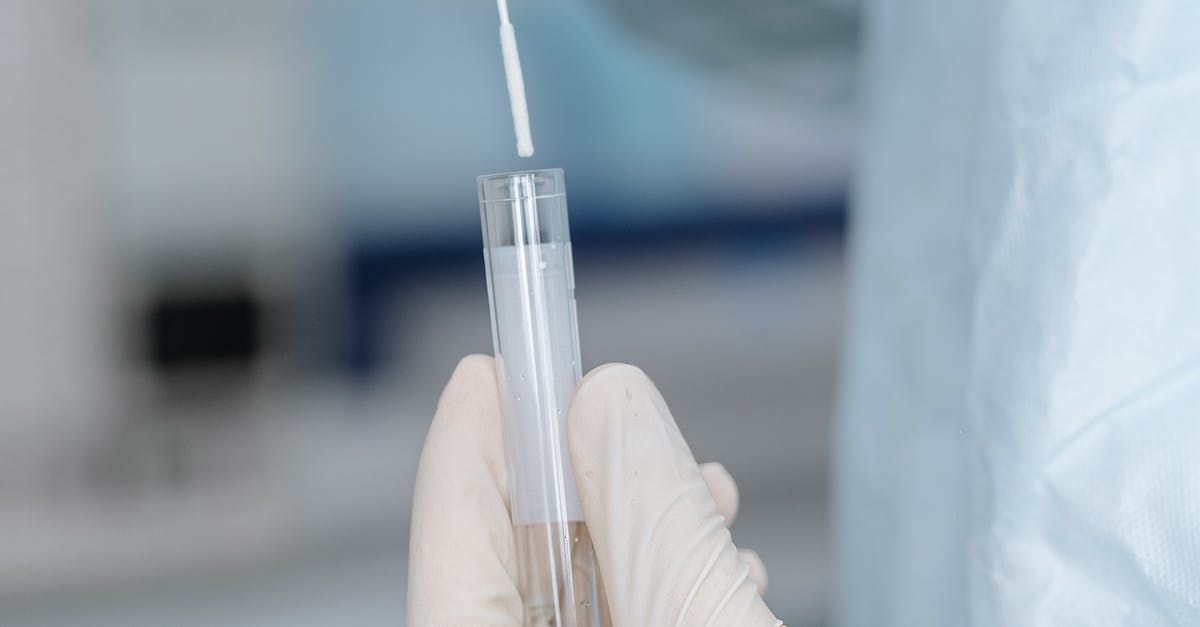DURING PREGNANCY
During Pregnancy
Pregnancy is often a complicated time, filled with many unknowns and questions. The first key question though is: When are you due? Pregnancy is taken to be 40 weeks but that timeframe begins with the first day of your last menstrual period. When available, your provider will often request a dating ultrasound to confirm your due date or estimated date of birth (EDB).
Pregnancy is divided into trimesters. The first trimester extends to the first 12-14 weeks; the second trimester to 28 weeks; and the third trimester until delivery. Despite 40 weeks being "the standard", a term delivery can be as early as 37 weeks gestation. Babies born prior to 37 weeks are premature and delivery after your due date is termed "post-dates" or "post-term".
Your provider will review common problems and concerns through each trimester and discuss recommended for each as well.
Kick Counting
After 18 to 20 weeks, you will notice that your baby moves and kicks more at certain times of the day. For example, when you are active, you may feel less kicking than when you are resting quietly. At your prenatal visits, your doctor will ask you about your baby's activity.
If you have concerns that your baby is not active, we often recommend a kick count. A common way to do a kick count is to see how much time it takes to feel 6 movements. Six movements (such as kicks, flutters, or rolls) in 2 hours or less are considered normal. For many women, this may happen in as little as 20 minutes. But do not panic if you do not feel 6 movements. Less activity may simply mean the baby is sleeping.
If you do not feel 6 movements during the 2-hour period, call your doctor's office or go to Grand River Hospital Labour and Delivery on 4D.
~Adapted from HealthLink BC
Gestational Diabetes
Typically between 24-28 weeks gestation, you will be recommended to have a 'sugar test'. Depending on your history, possibly even before 24 weeks. This test often involves some degree of fasting and determines if your body is handling glucose normally or similar to a person with diabetes. Women with gestational diabetes require additional monitoring during pregnancy and may be required to consult with an obstetrician. Gestational diabetes will typically resolve after pregnancy but does require follow-up testing post-partum as your risk of developing type 2 diabetes is increased.
Group B Streptococcus
Around 35-37 weeks, your physician will typically recommend checking for a particular type of bacterial colonization. For mothers, group B streptococcus (GBS) can be just another bacteria found in the vagina and rectal areas. For babies, GBS can pose an increased risk of potentially serious infection. Checking for GBS involves a vaginal-rectal swab. It is common, found in approximately 20% of women. Nothing must be done until your water breaks or you enter active labour – at that point, penicillin (or an alternative for women with allergies) is administered.


